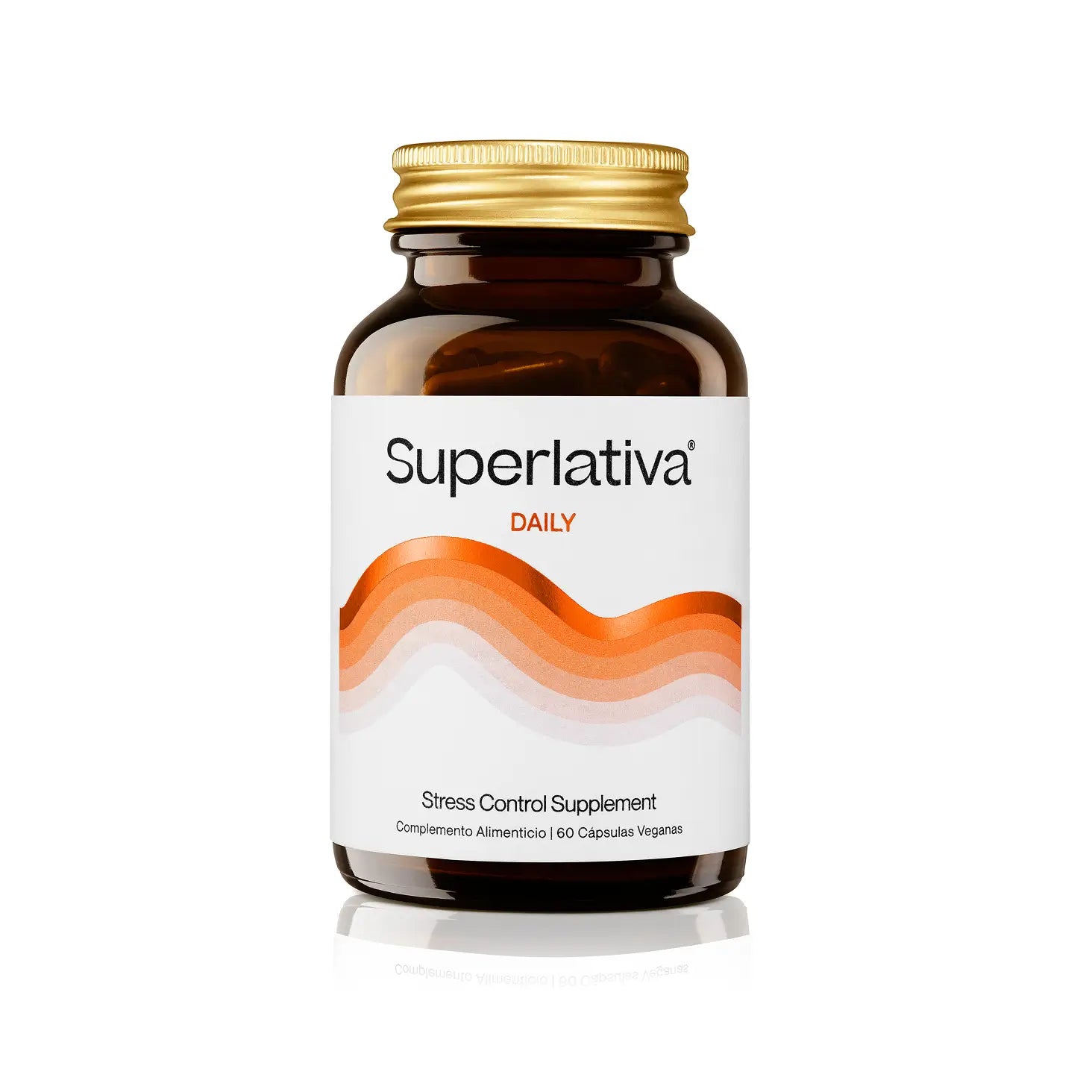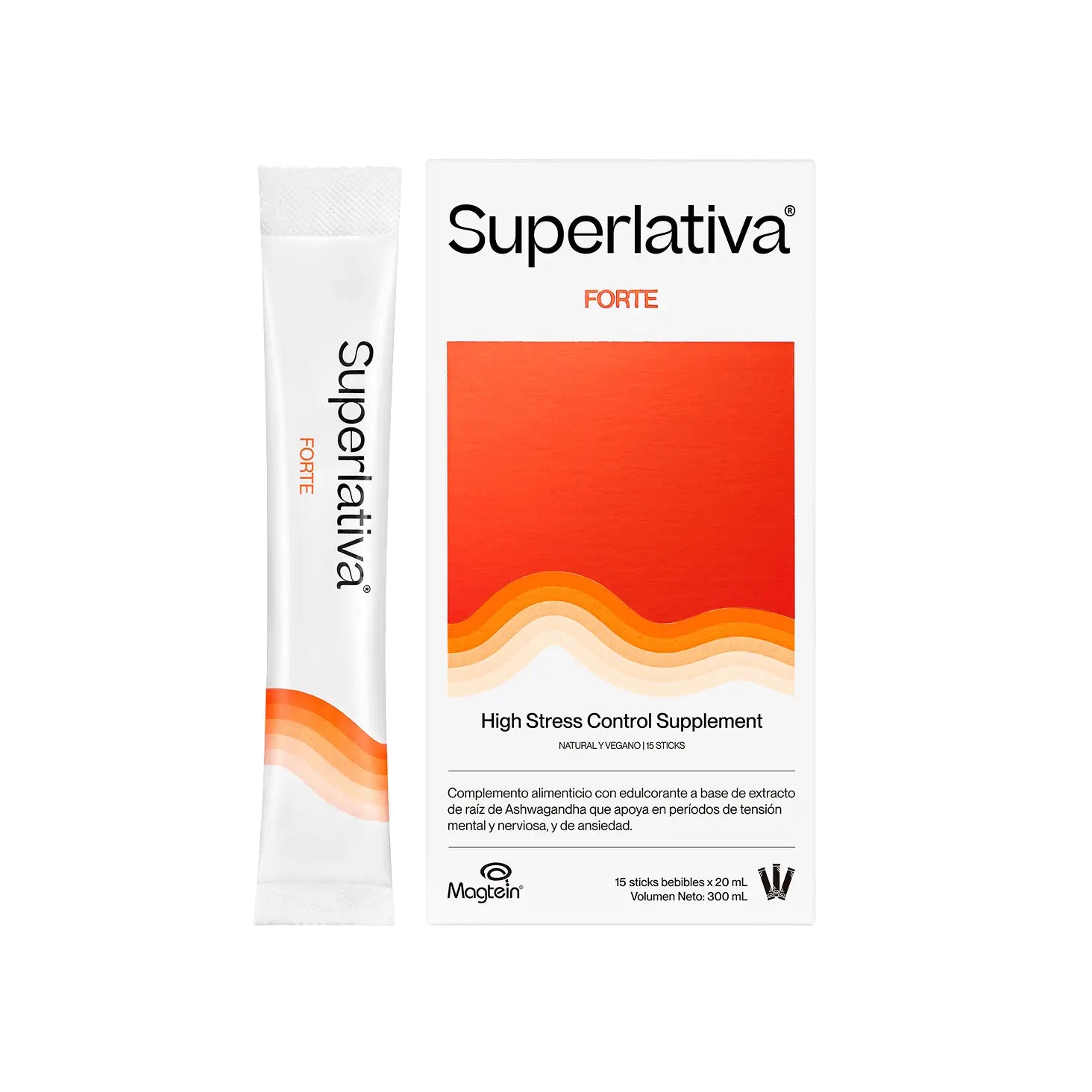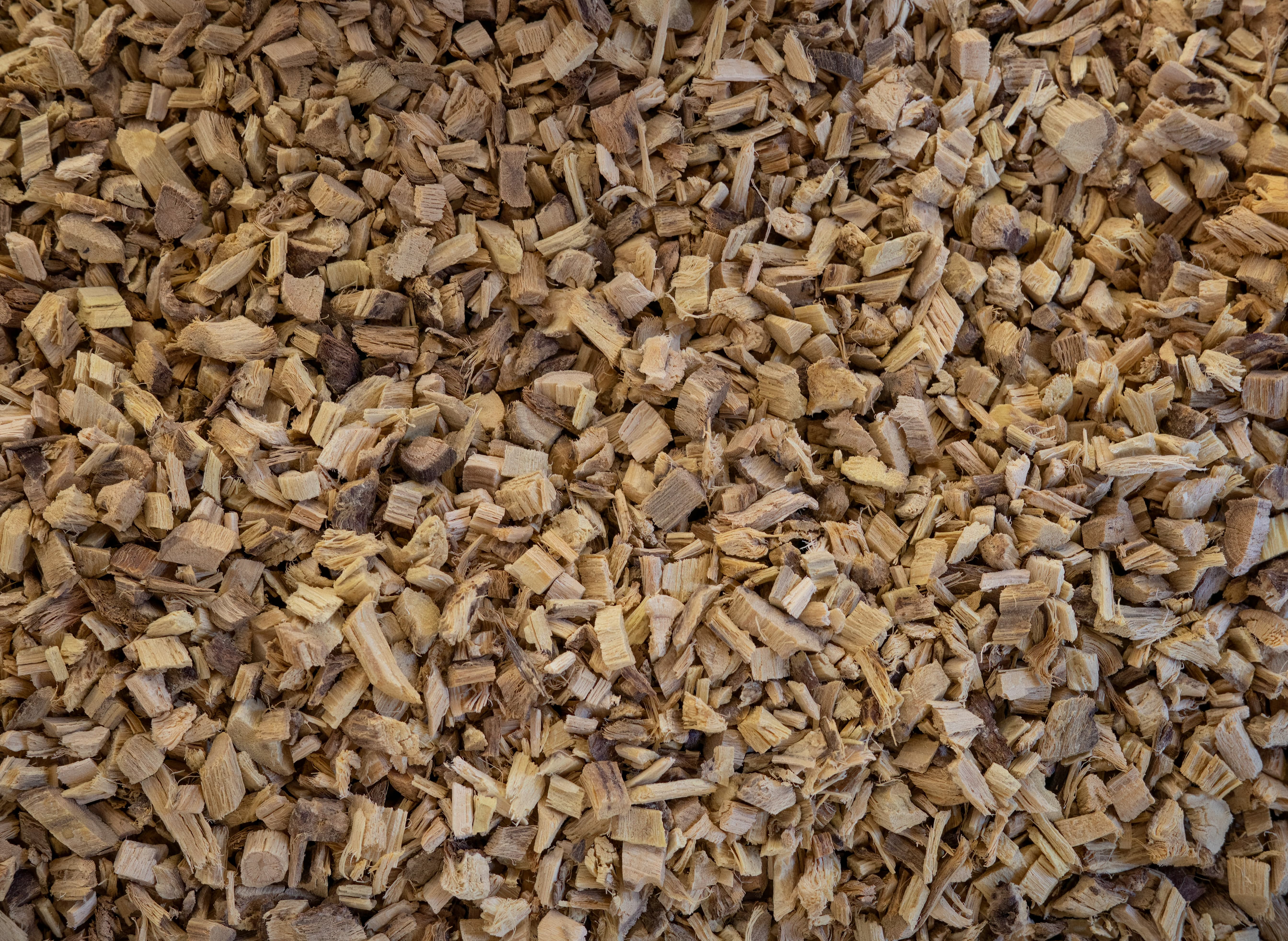“Glycyrrhiza glabra”
Licorice, or Glycyrrhiza, comes from the Latin word "sweet root," and its knobby, yellow roots are ten times sweeter than sugar. It plays a role in preventing stomach ulcers and indigestion.
What is licorice and what is it used for?
Licorice root is one of the most well-known ancient medicinal plants, boasting a long history of medicinal uses and use as a condiment. In ancient Greece, Rome, and Egypt, it was used as a remedy to treat indigestion, upper respiratory pain, and wound healing. It was also, and remains, one of the most widely used plants in traditional Chinese medicine.
Licorice root extract contains several compounds that help reduce inflammation and aid digestion. It works on the hypothalamic-pituitary-adrenal (HPA) axis of the endocrine glands to normalize hormonal function and support the adrenal glands. It also acts as a potent antioxidant.
Properties of Licorice
Currently, licorice is one of the active plant compounds with the largest number of pharmacological and clinical trials.
Among its pharmacological activities, it has notable anti-peptic ulcer and gastric mucosal protection effects. This effect is primarily due to saponins, but not exclusively, as other active ingredients, such as flavonoids, are also involved.
The main properties of Licorice are:
-
Demulcent, antitussive, and expectorant properties. They facilitate the expulsion of bronchial secretions in upper respiratory tract conditions.
-
Anti-inflammatory properties
-
Antioxidant capacity. Free radical scavenger, mainly thanks to flavonoids and saponins.
-
Antiviral effect
-
Anticancer properties. Some components of licorice, such as glycyrrhizin, have the ability to inhibit cell proliferation, carcinogenesis, and tumor growth in models of breast, liver, and skin cancer.
-
Estrogenic activity. Active ingredients such as glabridin, glabrene, and isoliquiritigenin have the ability to bind to human estrogen receptors with high affinity.
Benefits of Licorice
The main benefits of licorice are the following:
-
Protects and reduces gastric secretions
-
Prevents the formation of ulcers
-
Promotes the healing and regeneration of damaged tissues
-
Reduces anti-inflammatory activity
-
Stops oxidative stress
-
It helps digestion
-
Helps balance hormonal imbalances such as polycystic ovaries
Questions about the Licorice plant
When to take Licorice?
Currently, licorice is indicated for hyperacidity in the stomach and other conditions caused by excess acid production, such as gastritis or gastroduodenal ulcers. It is also used to treat respiratory disorders associated with poor bronchial secretion flow, such as dry cough or bronchitis, as it promotes expectoration and soothes airway inflammation and coughs.
On the other hand, it is also frequently used when people suffer from poor digestion and symptoms such as bloating, gas, abdominal pain, and early satiety appear.
Contraindications of Licorice
The therapeutic use of licorice is contraindicated in people with cardiovascular disorders such as high blood pressure or cardiac arrhythmias. It should also not be used in cases of kidney failure or during pregnancy or breastfeeding.
Buy Licorice: Clean Detox Product
Clean Detox Product Contains licorice extract in clinically proven and effective amounts to achieve all its benefits.
It supports the body's natural detoxification process and protects it from harmful toxins. Clean is rich in antioxidants and has hepatoprotective, immunostimulant, and diuretic properties. It supports the proper functioning of the liver and digestive system, supports the immune system, and helps eliminate excesses and harmful habits.
We hope this article has helped you understand the benefits and uses of this wonderful ingredient and how it can play a role in improving women's and men's health.
We'd love to help you delve deeper into your well-being. If you have any questions or nutritional concerns, feel free to contact us at our email address: consultas@superlativabotanicals.com
Bibliographic references:






